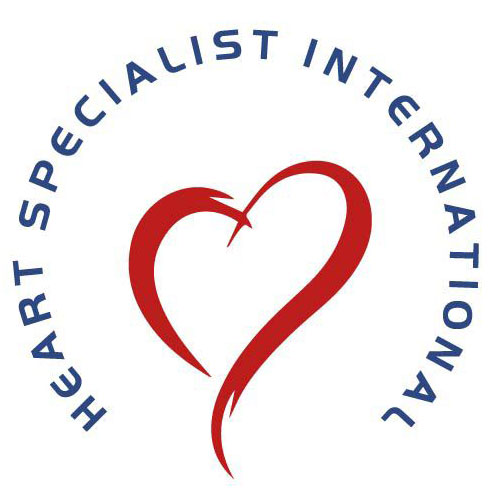Chest pain is a very common condition that many tend to experience in their life. Whether it be momentary or longer lasting pain, chest pain is often experienced by many, due to various reasons. Some common causes of chest pain can be as follows:
- Heart related: heart attacks, angina, aortic dissection, pericarditis, etc.
- Digestive system related: heartburn, swallowing disorders, gall bladder/pancreas conditions, etc.
- Muscle/bone related: sore muscles, injured ribs, etc.
- Lung related: collapsed lung, blood clots in the lung, inflammation of lung membranes, etc.
Depending on the nature and origin of the chest pain, it can be characterized by various symptoms, including:
- Heart related:
- Pressure or fullness in the chest
- Burning or tightness in the chest
- Crushing pain that moves to the neck, back, shoulders, jaw, and arms
- Pain that lasts for more than a few minutes, and worsens gradually
- Shortness of breath
- Dizziness or weakness
- Cold sweats
- Nausea and vomiting
- Other chest pains:
- Sour taste in the mouth
- Trouble swallowing
- Pain that worsens with time and change in body position
- Pain that worsens when coughing or breathing heavily
- Tenderness or soreness when pressing the chest
- Long lasting/persistent pain
Chest pain of any kind is a medical concern which should be looked into to avoid further complications in the future. Many a times, the initial chest pain transforms into a bigger medical concern which could be life-threatening. For instance, the common symptoms mentioned above with regards to heart-related chest pain, could be an indication of a coronary artery disease which, if not treated early on could result in heart attacks and other conditions.
Coronary artery disease can be defined as a condition wherein the arteries narrow or get blocked due to plaque buildup in them. Since the coronary arteries are the ones to supply oxygen to the heart, a blockage can result in a lack of adequate oxygen supply, which can in turn result in severe medical complications. It is a dangerous condition to have as it goes unnoticeable for the most part, until it causes severe effects like a heart attack or failure.
Treatment for coronary artery disease often involves risk management and lifestyle changes. By keeping other underlying medical conditions (like diabetes, high blood pressure, high cholesterol, etc.) in check, you can reduce your chances of developing coronary artery disease. When paired with adequate lifestyle changes, including limiting alcohol intake, exercising daily, avoiding smoking, and eating a healthy diet, coronary artery disease can be managed and even prevented to a great extent.
However, for more severe cases, medication and/or surgical methods would be necessary. Surgical procedures often done can include coronary angioplasty or coronary bypass surgery.







